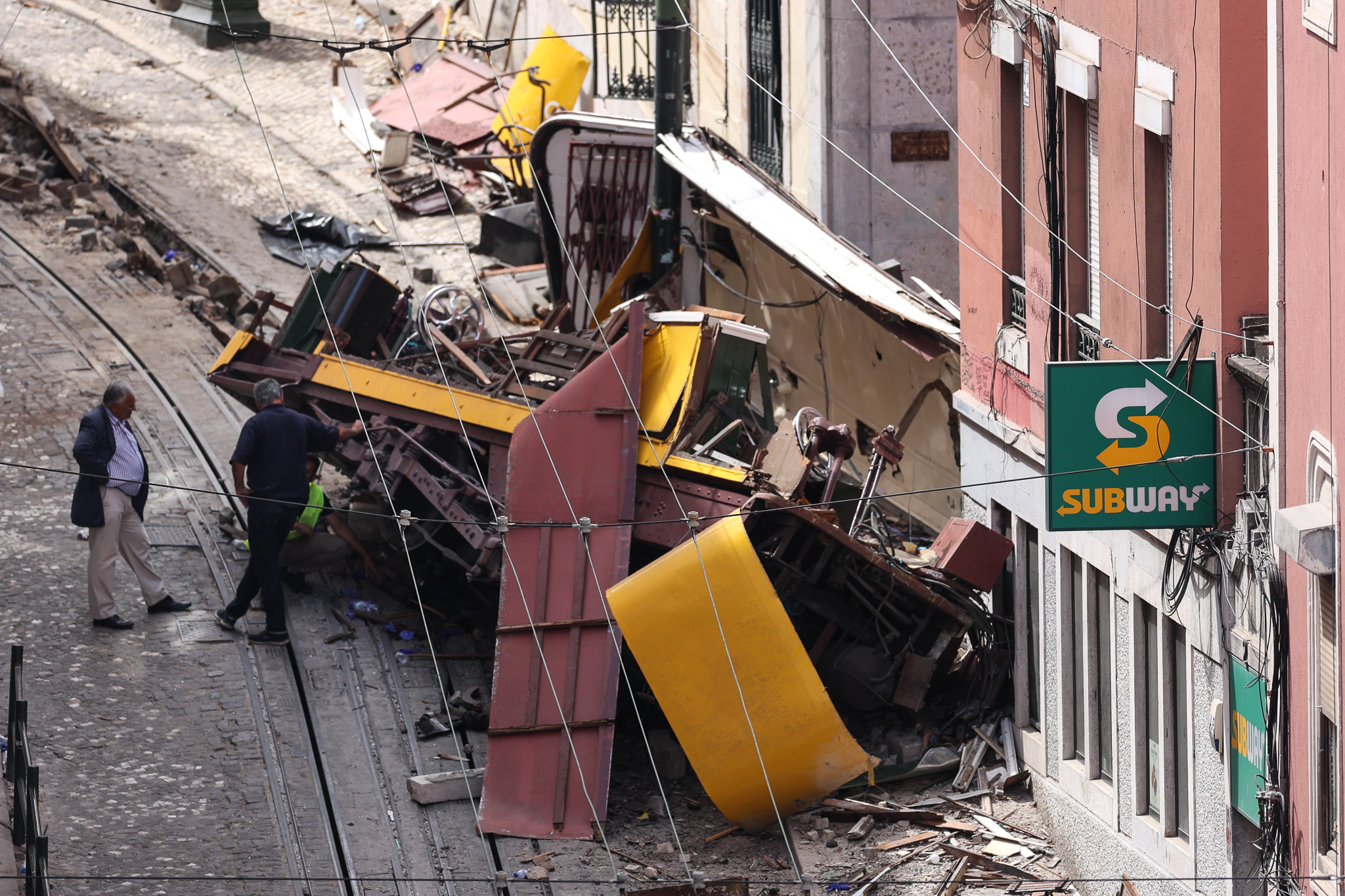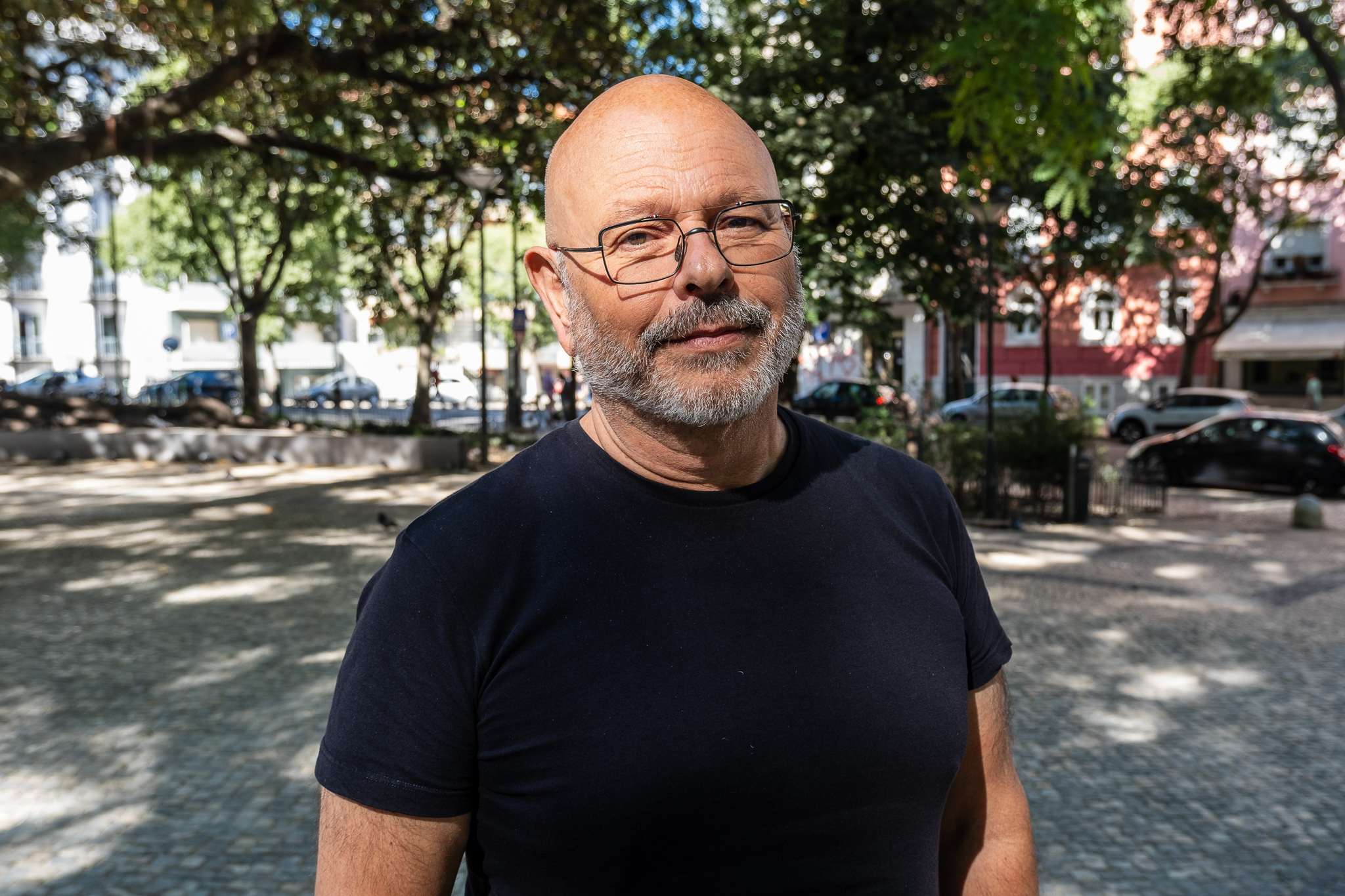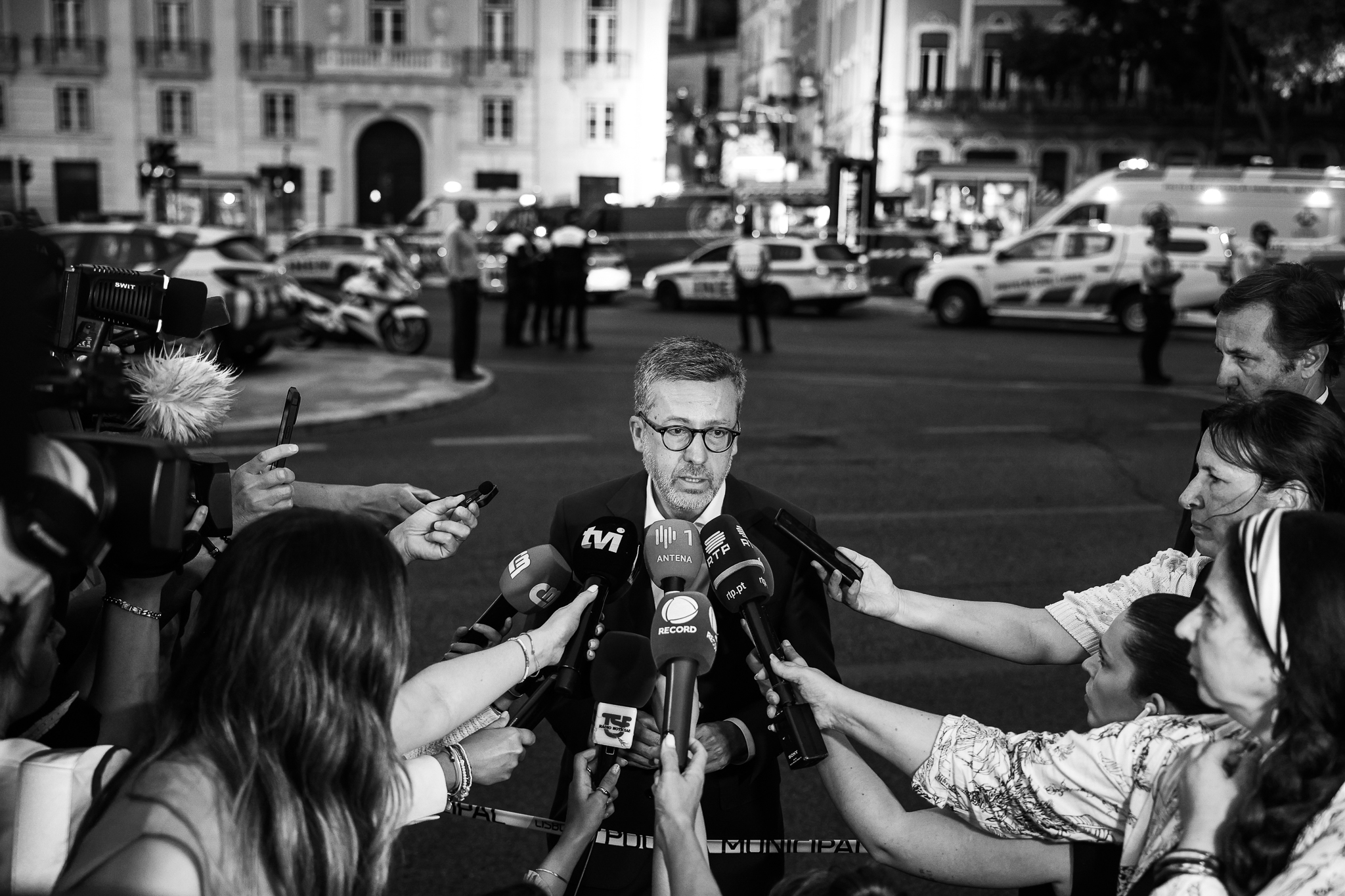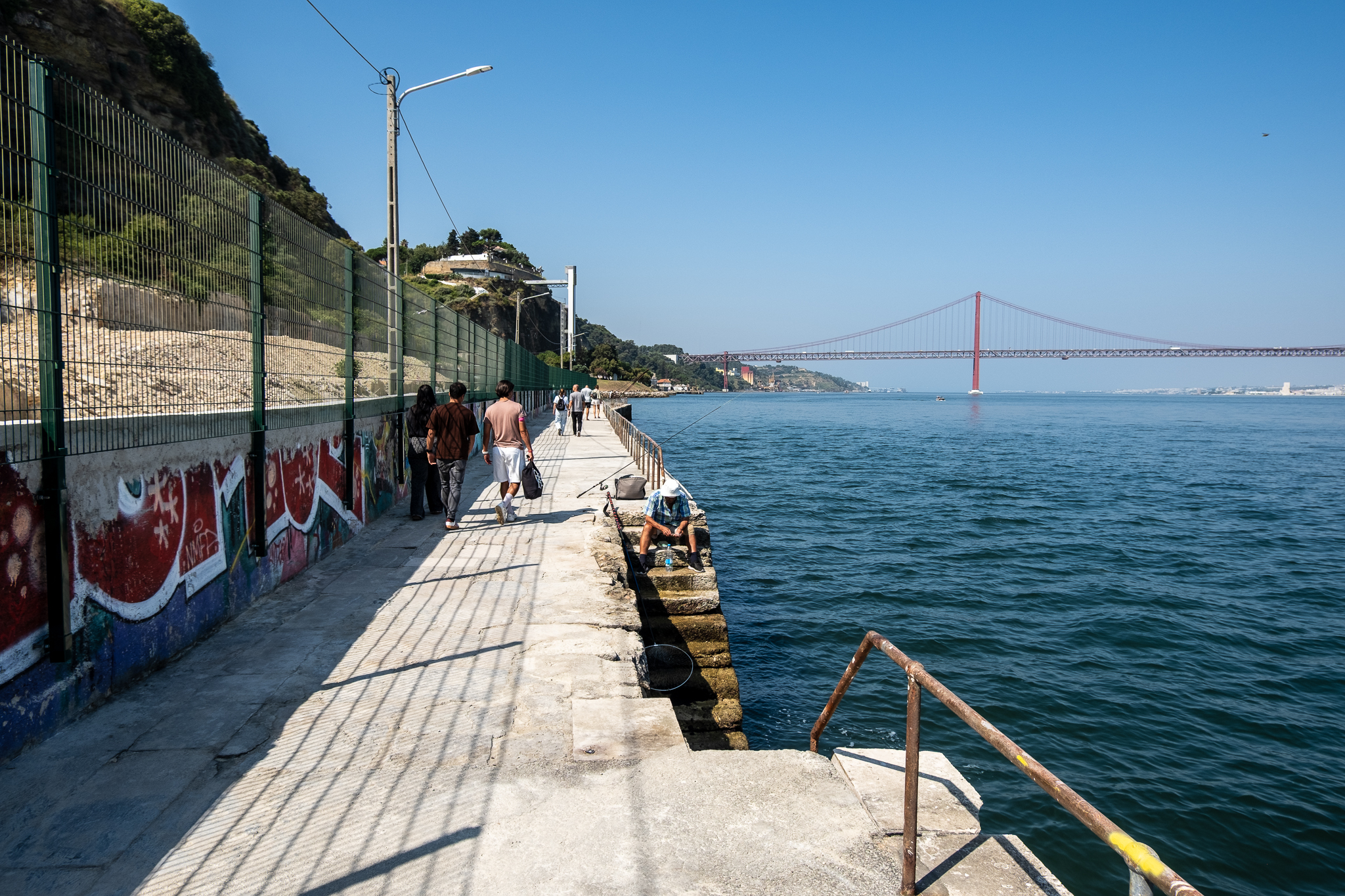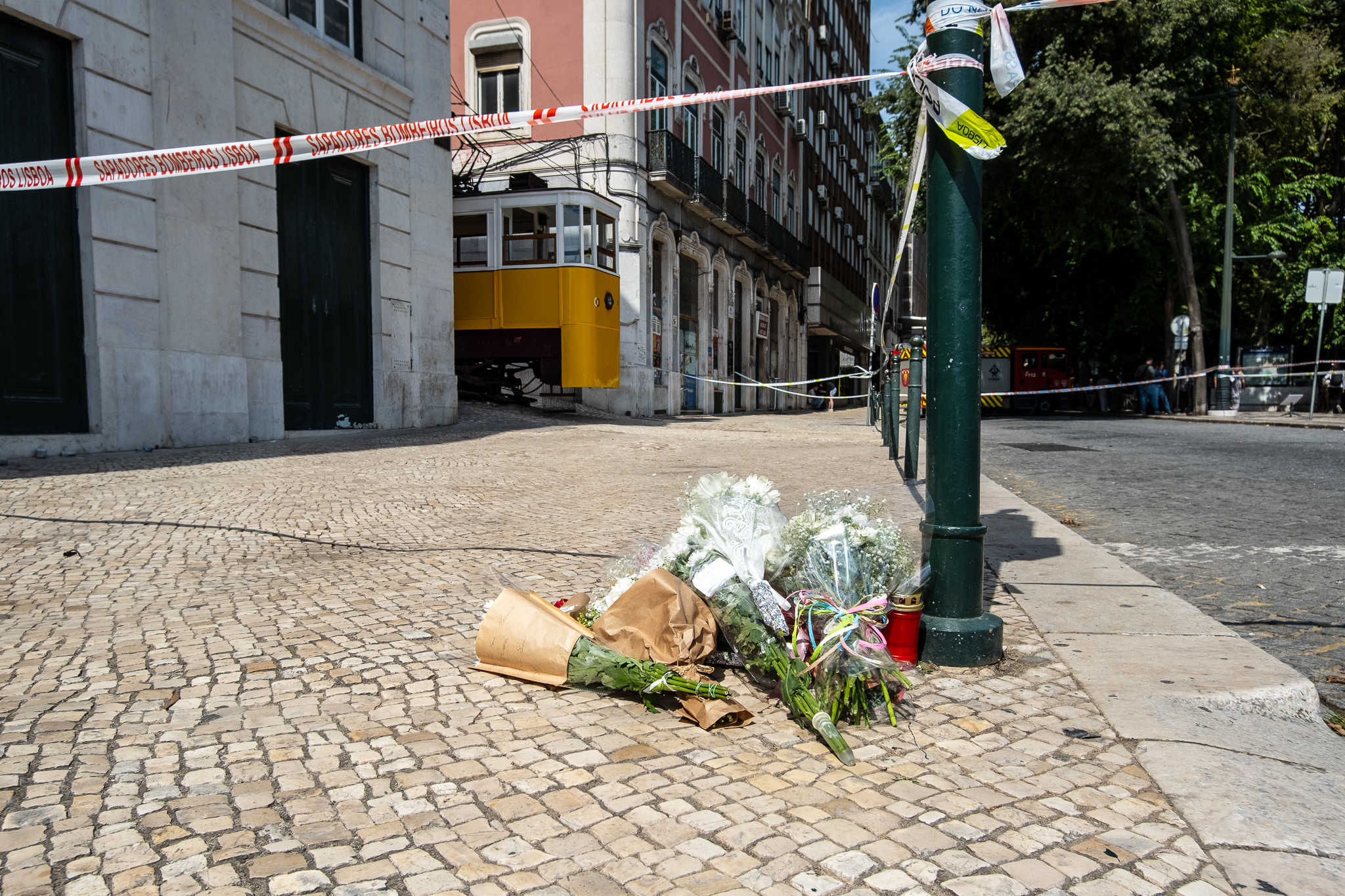The Eurocities network, to which Lisbon belongs, felt the pulse of nearly a hundred mayors of European cities to understand the main trends, challenges and priorities that shape urban affairs this 2023.

One year before the European elections, the first annual Eurocities Pulse survey collected results from 92 mayors in 28 European countries and reveals the key trends, challenges and priorities shaping urban affairs in 2023. At the top of mayors' priorities this year is climate action, with more than half of the mayors confirming it, twice as many as any other category analyzed.
The second highest priority of European mayors, according to this survey, is investment in sustainable mobilitywhich has clear links to climate action. "Mayors' strong commitment to climate action contrasts with a worrying trend we are currently seeing among national and European politicians, many of whom are moving away from their commitment to a climate-neutral Europe“says André Sobczak, secretary-general of Eurocities, in a statement.
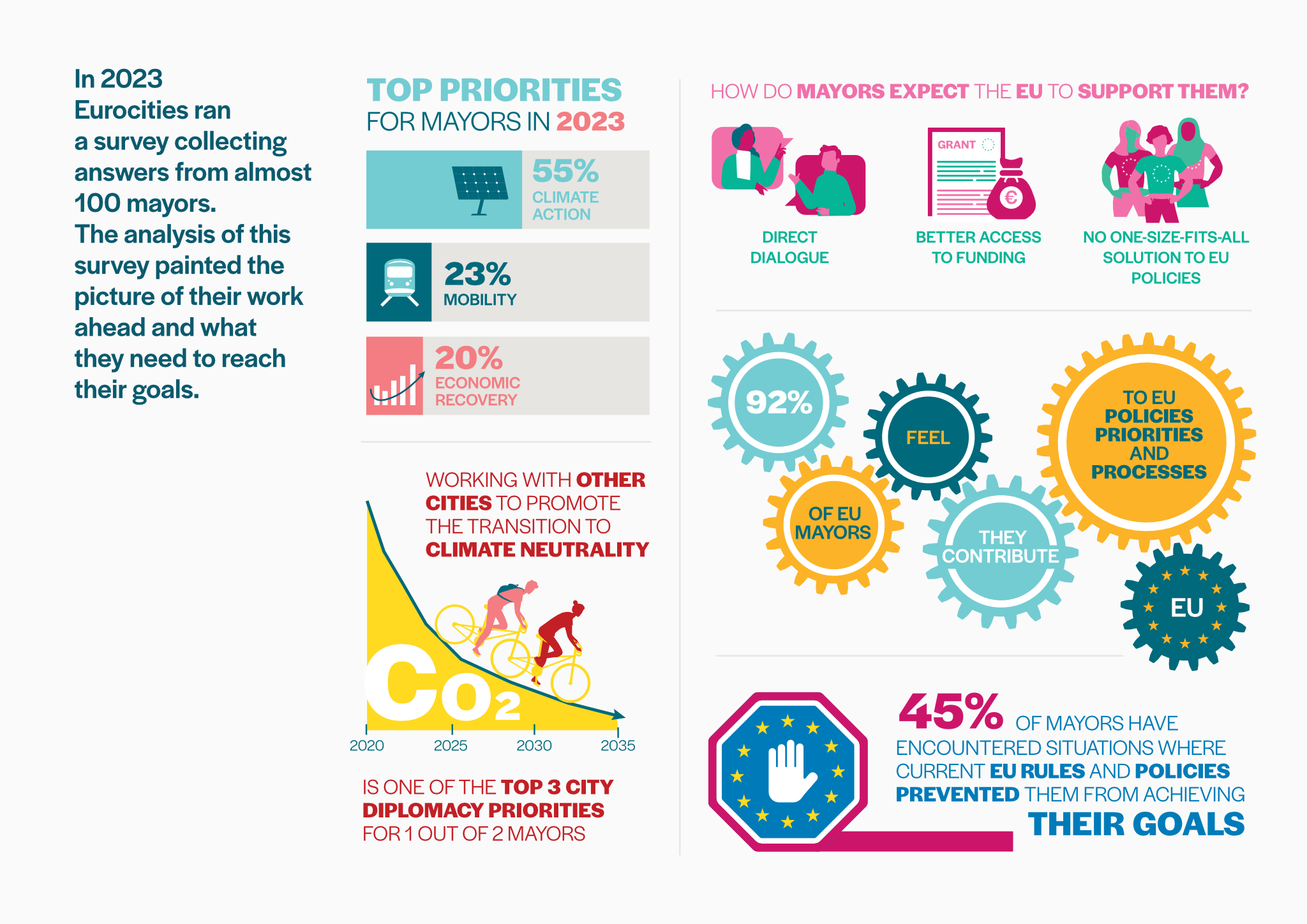
When it comes to their expectations of being able to fund their different priorities, mayors stress that current resources are not sufficient. While European Union (EU) funding is helping mayors to cover some of the financial gaps in areas such as climate and energy, mayors do not feel that they receive comparable support for their other priorities, such as housing or social exclusion. "Along with climate change and energy transition, the biggest financial deficits for cities over the next five years are in areas linked to equality and social inclusion"Sobczak points out. "While the priorities of cities and the EU often seem to be very much aligned, these are areas where European funding is falling short and is held back by national governments. If we don't change this situation, we risk seeing a huge backlash in cities."
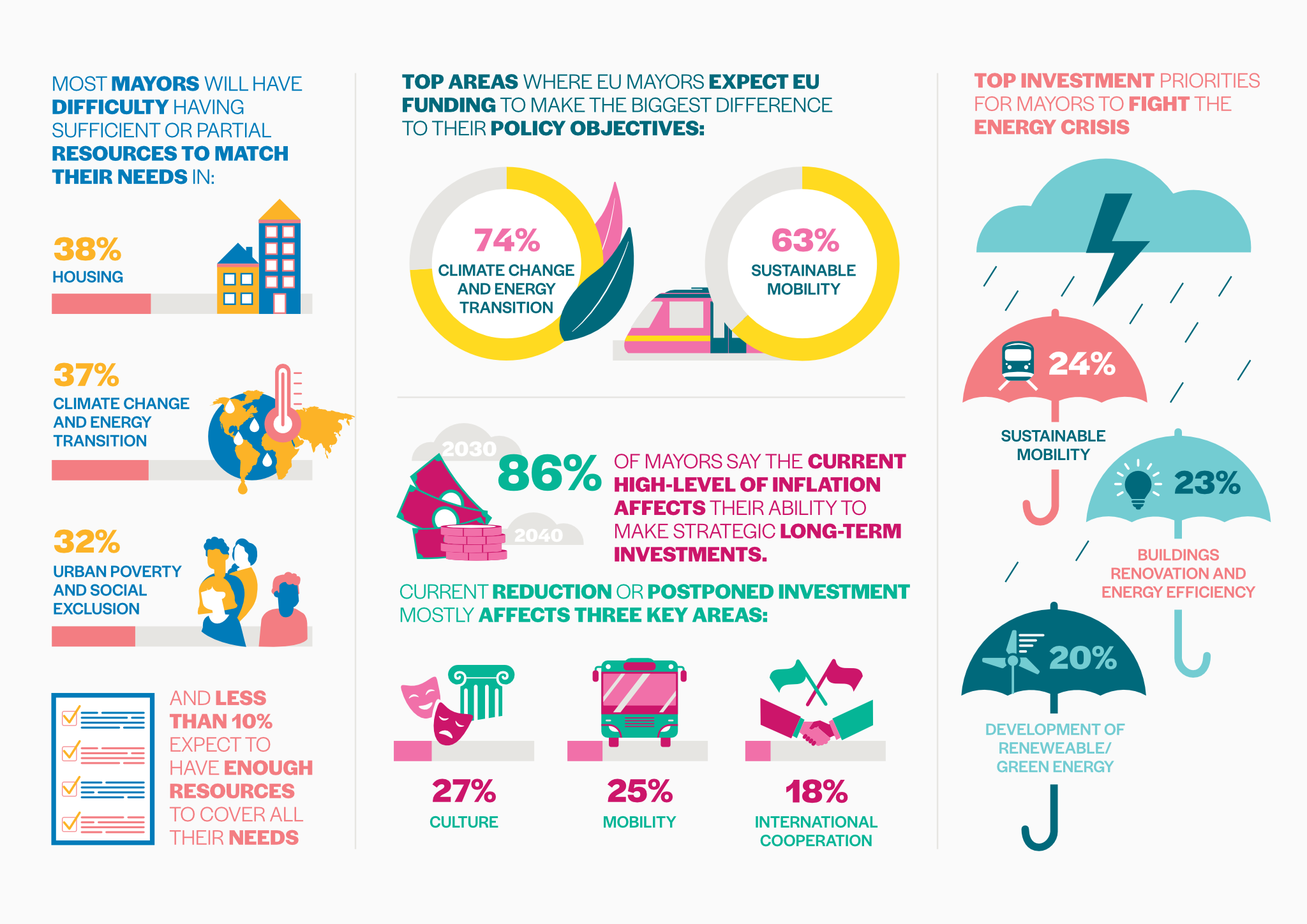
As next year's European elections approach, the survey sought to "take the pulse" of Europe's mayors at what is a crucial time and launch the debate on what is needed to localize Europe. Mayors of almost a hundred European cities were heard, including Lisbon (Carlos Moedas, PSD), Braga (Ricardo Rio, PSD) and Guimarães (Domingos Bragança, PS). "In most cases, mayors are very much aligned with European priorities. In recent years, European cities have also demonstrated their central role in responding to global challenges such as the Russian war in Ukraine and the Covid pandemic, while taking action to ensure Europe's energy and food security."says Sobczak.
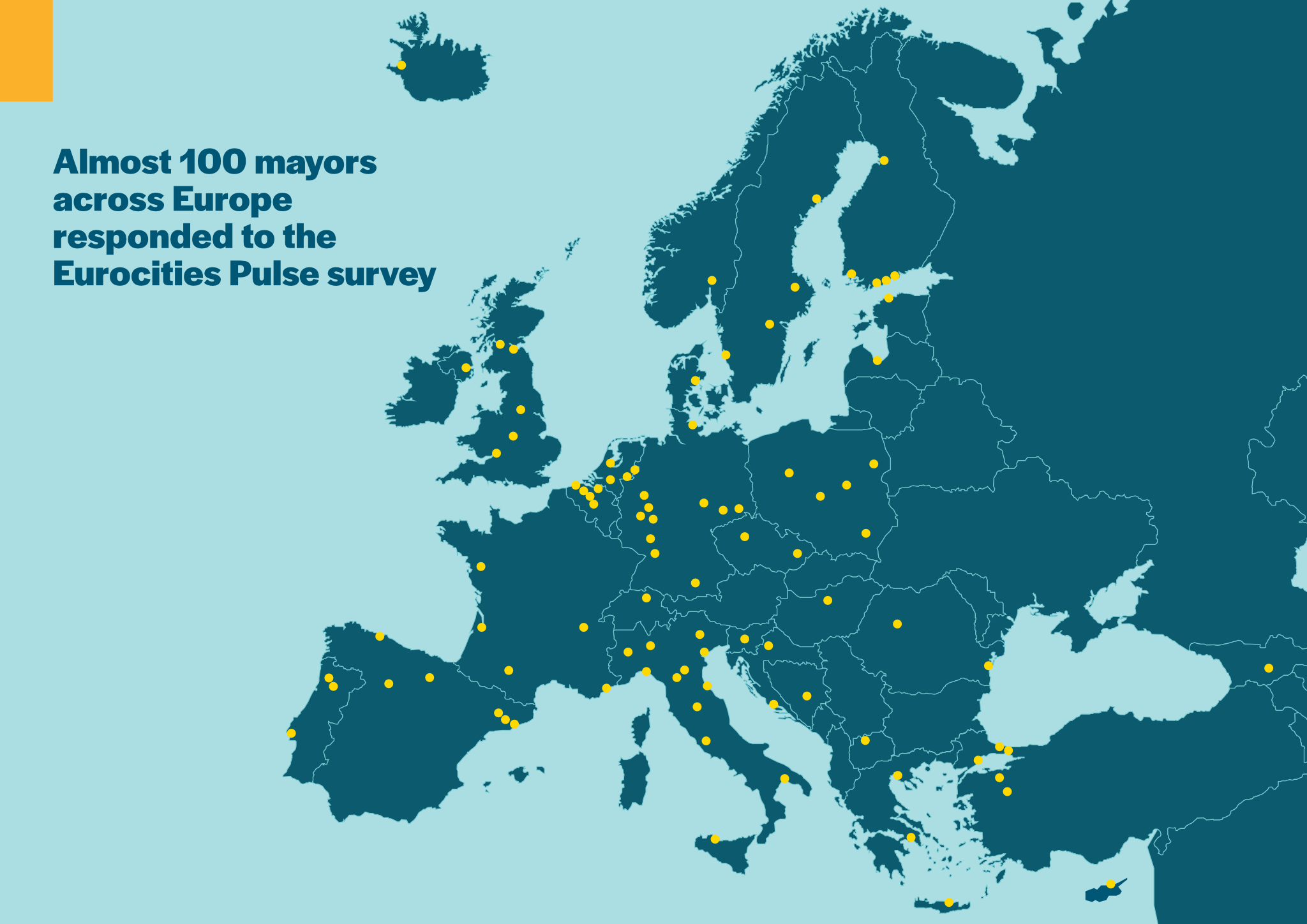
"However, the fact that more than half of the mayors of EU cities see EU rules as a burden for implementing their local priorities, and feel that the EU institutions do not listen to them, should be a wake-up call. The next EU campaign must take this into account, focusing on local priorities that can reduce inequalities, strengthen public services and make a difference in people's lives."says the Secretary General of Eurocities, a network of more than 200 cities.
Special sections of this survey's 44-page report, which can be seen below, also look at mayors' reactions to the Russian war in Ukraine and their actions on the energy crisis, including energy poverty. Guest essays by Roberta Metsola, President of the European Parliament, and Kadri Simson, European Commissioner for Energy, recognize the role of cities and help set the scene for each section.
In a nutshell
According to the investigation, the top priorities of the Presidents in 2023 are:
- Climate Action (55%): the mayors mentioned the development of low-emission zones, the creation of more green spaces in the cities, and support for the European Ecological Pact;
- Sustainable Mobility (23%): The mayors' plans include expanding the subway lines and renewing the eco-friendly bus fleets;
- Economic Recovery Management (20%): the mayors stressed the need for more funding to implement pandemic response plans;
Other conclusions significant from the survey are as follows:
- the Mayors' main investment priorities to combat the energy crisis are sustainable mobility (24%), building renovation and energy efficiency (23%), and renewable/green energy development (20%);
- 92% of EU mayors feel they are contributing to EU priorities through actions in their cities. However, more than 50% mayors in the EU say that EU institutions and policies tend not to take into account their specific needs and potential;
- more than 86% of mayors said that the current high level of inflation has affected its ability to make long-term strategic investments;
- the majority of the mayors said that they will have difficulty in having sufficient or partial resources that match their needs when it comes to dealing with issues such as housing (38%), climate change and energy transition (37%), and the social exclusion of urban poverty (32%).
The main challenges faced by mayors in 2022 were:
- Energy Crisis (28%): for mayors, this is related to issues such as climate change and energy poverty. Challenges to accelerate the energy transition of cities include access to finance and energy efficiency of buildings;
- Climate change (26%): mayors are working on ways to mitigate extreme weather conditions while maintaining the ambitious goals of climate neutrality;
- Ongoing economic recovery (23%): The issues for mayors include stimulating post-Covid growth and absorbing high inflation in the public budget;
- Migration (22%): mayors are dealing with the large number of Ukrainian refugees resulting from Russia's war in Ukraine.
The EU's Role
The first edition of the Eurocities Pulse survey is based on a survey among mayors of 210 member cities of the Eurocities network. Between January and March 2023, the Mayors were invited to respond to an online surveywhich consisted of 24 open and closed questions. For the closed questions, the results are presented at an aggregated level, without any further manipulation. For some of the questions, such as the main challenges and top priorities for 2023, Eurocities used open-ended questions to allow the mayors to respond freely without predetermining their answer.
To make sense of these responses, Eurocities analyzed, categorized and ranked them accordingly. The survey was complemented by a focus group of city leaders from the Eurocities Executive Committee, which contributed to the discussion and validation of some of the assumptions and results. Eurocities received 92 responses from mayors of large cities in 28 European countries. The responses thus provide a good representative sample of the political voice of mayors of major European cities on key issues.
The survey Eurocities Pulse is an important element of the Eurocities Monitor, which presents all the most interesting data and insights collected throughout the year by the Brussels-based Eurocities team, and through the input of our network of over 6,000 municipal officials from all over Europe. O Eurocities Monitor presents all the results of Eurocities Pulse, as well as further information through essays on each of Eurocities' work areas.
Eurocities wants to make cities places where everyone can enjoy a good quality of life, can move around safely, can access inclusive, quality public services, and can benefit from a healthy environment. It does this by networking more than 200 major European cities, which together represent some 150 million people in 38 countries, and collecting data on the impact of policy-making on people to inspire other cities and EU decision-makers.
Eurocities makes concrete recommendations on how the EU can better work with cities and support them in implementing their priorities and accelerating social transformation. Eurocities' policy proposals on how the EU can work better with cities are available here.

